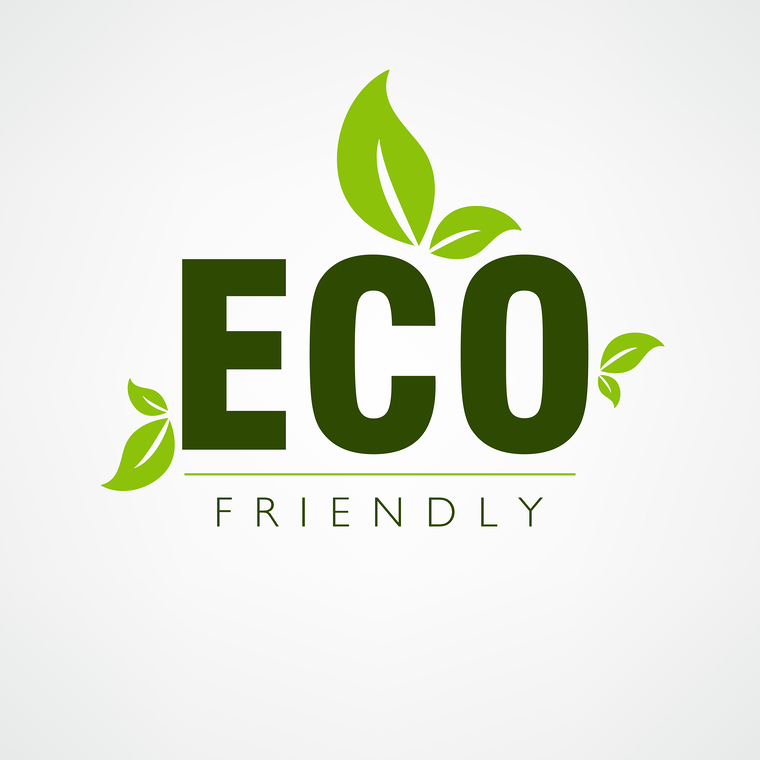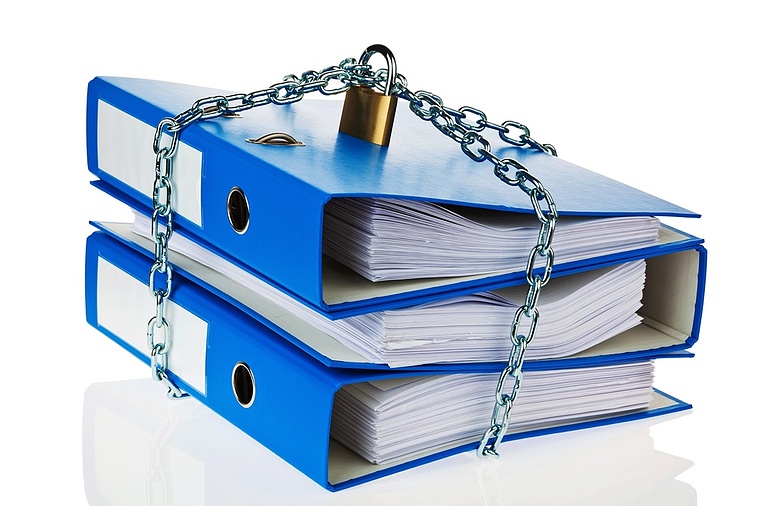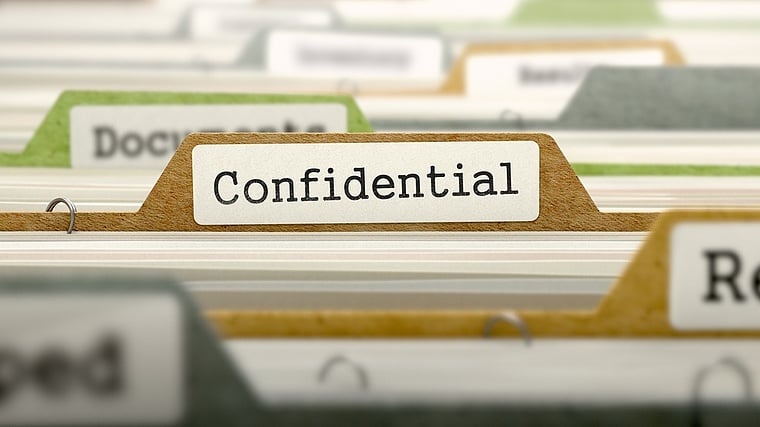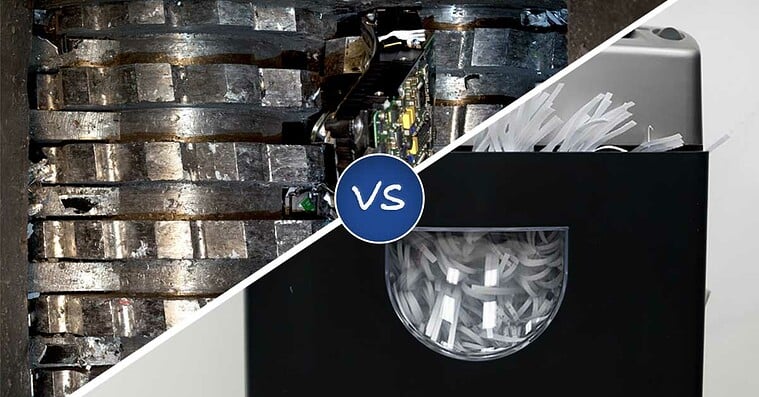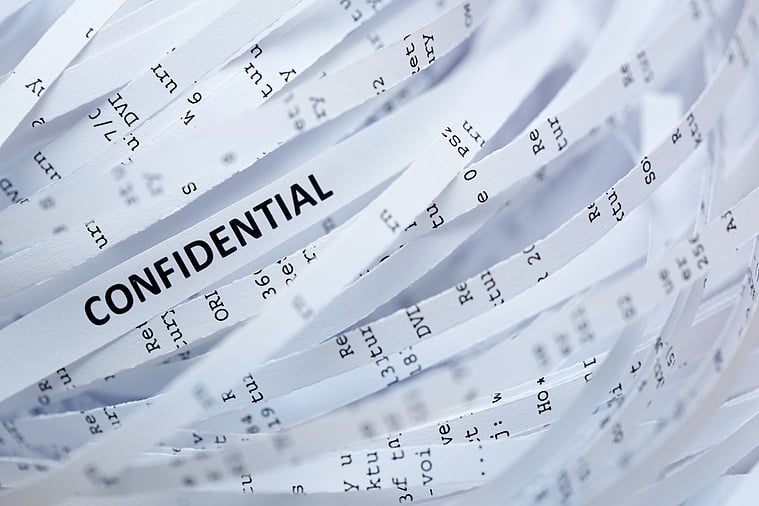Organizations of every size and in every industry benefit from specialty document shredding services. Secure and timely shredding can help protect your organization’s proprietary information as well as the confidential information of your employees and clients, like their account numbers, addresses, and phone numbers. At the same time, failure to comply with retention guidelines – that is, shredding documents before it's time to shred them - can put your organization at risk.
Carolina Shred Knowledge | Paper Shredding
paper-shredding
Document shredding is the best way to get rid of any document with personal information, but can paper shredding be eco-friendly? Yes. In fact, it is better for the environment to shred documents you no longer need. The trucks that come out to your business or home are very efficient on gas mileage, plus the collection console use low-emissions materials.
Protecting confidential information in the office is one of the most important functions a business does. If confidential information gets out to the public by any means, the business could be subject to fines. When a business hires new employees, part of the orientation should include procedures to protect confidential information. Your business should also hold "reminder" meetings regarding protecting documents.
Most offices have several types of confidential information. You may think that just because you aren’t a large company that employee and customer confidentiality isn’t a major issue. However, no matter the size of your company, you do have confidential information and security risks. Learn how to keep information confidential so that you aren’t liable for fines or lawsuits from employees and customers should their information get into the wrong hands.
Definition: Document Shredding
document shredding defined in under 100 words
Document shredding is the act of destroying paper documents by inserting them into a home, office, commercial, or mobile shredding device. Document shredding services can help prevent identity thieves from obtaining sensitive information and exposing your clients, employees, and vendors information to financial conflicts.
Types of documents that should be shredded include:
- Medical Records
- Tax Returns
- Employee Information
- Credit Cards
- Banking Accounts
When choosing an onsite shredding company, you should find out several pieces of information. Carolina Shred provides all of the information you need to know to choose an on site document shredding service, including information about shredding services and reasonable prices. After you ask yourself how to choose an onsite shredding company, visit our website to find the answers to your questions.
Maybe you rip documents into teeny tiny pieces before tossing them into the trash. Perhaps you cut old credit cards with scissors prior to discarding them. Maybe you go a step further and toss these pieces into separate garbage bags to make them less likely to be put back together in a sinister jigsaw puzzle entertaining an identity theft. If you already take these steps to protect personal information, then you might as well learn about document shredders, the difference between a commercial shredder and a standard home shredder, and what steps you should be taking to safeguard your sensitive information or your customers' information if your company has yet to establish a document discard policy.
Shredding documents help keep your identity from being stolen. Even things that seem innocent, such as prescription labels, could help someone steel your identity. Even though things like your address and phone number might be public record, identity thieves could pair this easy-gotten information with other information to make stealing identities easier. They may even use relatives' names to locate your social media pages.
Before hiring a shredding company, many businesses, particularly those who deal with secure documents, have common questions about document shredding. Carolina Shred handles all documents with the utmost care, ensuring that any confidential information stays confidential and that your documents and other items that require shredding are secure.
Canada has apparently accumulated too much paper.
The federal government spent approximately $12 million more on hiring companies that offer services like document shredding and storage in the last fiscal year than it did ten years ago, according to an analysis of Public Accounts documents.
At some point, you will need to get rid of important documents and papers that contain sensitive information like:
- Client information
- Employee records
- Medical records
- Tax records
- Credit card statements
Stacking them in a corner of your home office, or under your bed, only works for so long. Eventually you will need to toss out those old tax returns, pay stubs, receipts and other once-important papers.

